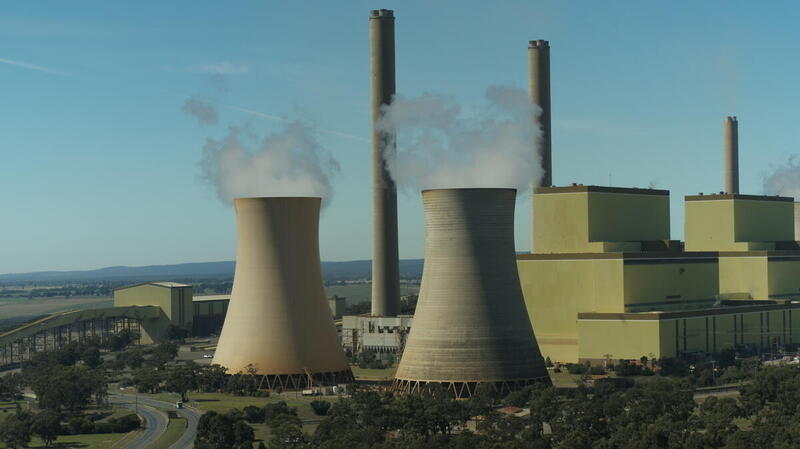Documents released today by AGL, Australia’s biggest climate polluter, outlining the details of its proposed demerger cement the company’s environmentally and financially ruinous path, revealing that both entities will breach Paris-aligned climate targets and slow the global energy transition, Greenpeace Australia Pacific says.
AGL’s scheme booklet shows:
- Neither AGL Australia nor Accel Energywill be aligned with Paris climate targets
- The demerger will incur a $260 million one-off transaction cost
- Shareholders will wear approximately $35 million in additional corporate and operating costs per annum
- Accel Energy could be unable to access capital or insurance due to ESG considerations, a major risk which AGL has buried on page 131 of the documents

Glenn Walker, Greenpeace Australia Pacific senior campaigner, said AGL’s demerger would damage returns for retail shareholders, make a mockery of institutional investors’ ESG commitments, and have catastrophic consequences for the climate crisis.
“AGL’s claim that the demerged AGL Australia will have ‘leading ESG credentials’ is the very definition of greenwashing given neither AGL Australia nor Accel Energy will align with Paris climate targets.
“This demerger is a turd rolled in glitter, but the marketing sparkle is fooling no one. Shareholders and customers can smell the stench of climate and financial failure from here.
“The environmental and financial consequences of the demerger are now clear, no matter how much text AGL attempts to bury them in. We believe these documents clearly show that the ESG commitments of institutional investors will be made a mockery of, the impact on the climate will be nothing short of catastrophic, major corporate customers will increasingly abandon the company, power prices will increase and retail shareholders will wear millions in costs.
“In attempting to split in two, AGL is merely tearing itself apart. The sad truth is, it risks taking everyone with it.
“This scheme document only reinforces that AGL must scrap its dodgy demerger and deliver real, lasting shareholder value by embracing the energy transition and replacing its dirty coal-burning power stations with renewables by 2030,” he said.
—ENDS—

